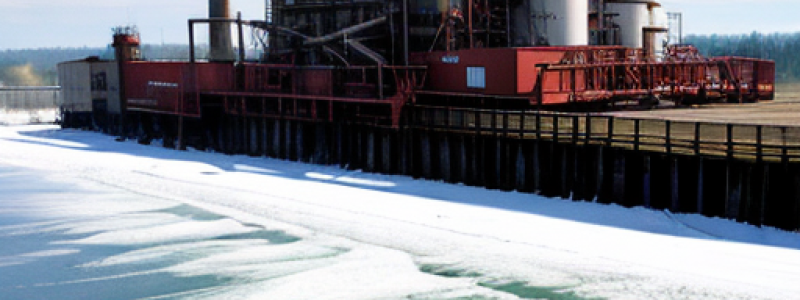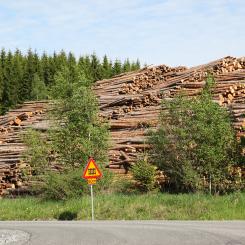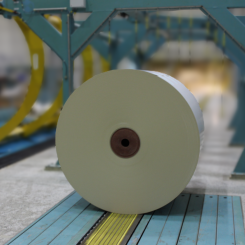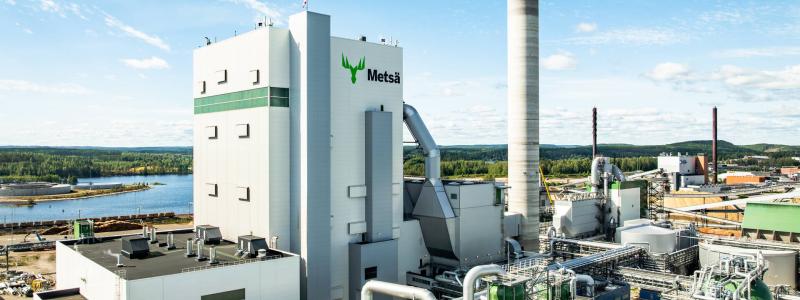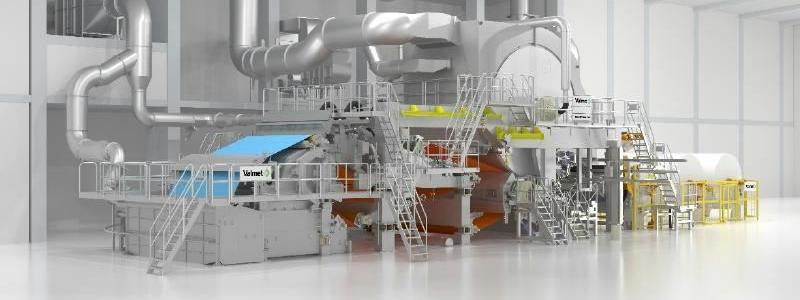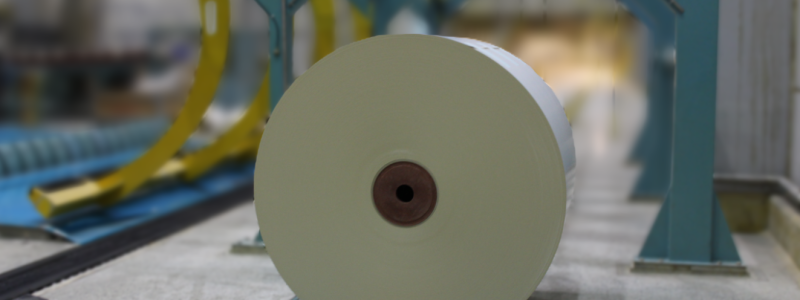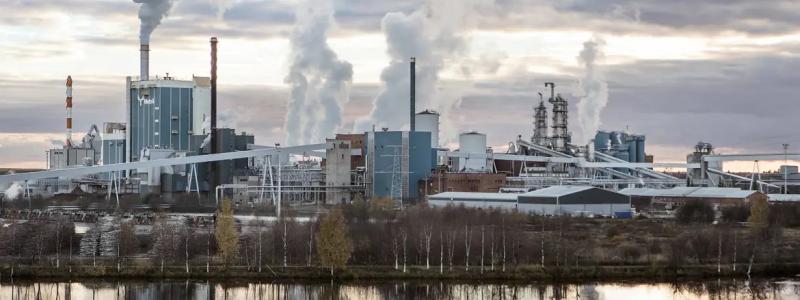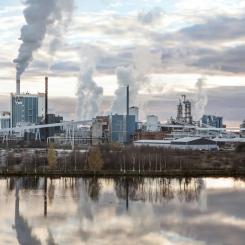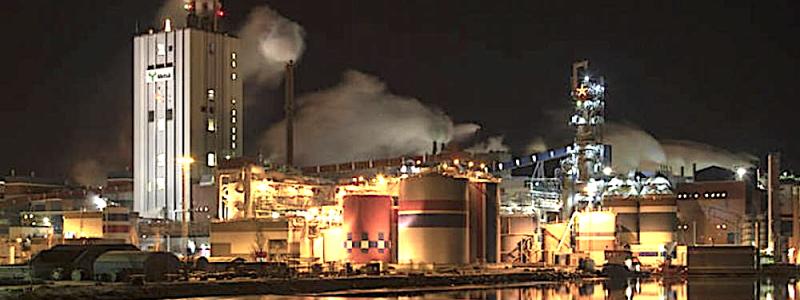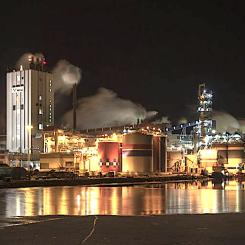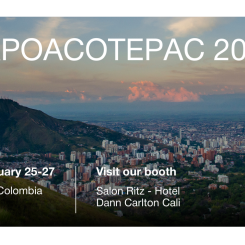According to the new research results of the VTT Technical Research Centre of Finland, lignocellulosic biomass can be used in the production of high-quality biofuels for the price of less than one euro per litre. A new technology developed in Finland allows the transfer of more than half the energy of wood raw materials to the end-product. The technology is considered ready for the construction of a commercial-scale production plant in Europe.
VTT has assessed the techno-economics of the production of renewable liquid transportation fuels from forest residues. The case studies focused on the production of four biofuels using a method based on pressurised fluidised-bed gasification. The fuels studied were methanol, dimethyl ether (DME), Fischer-Tropsch liquids and synthetic gasoline.
The results show that the production of renewable biofuels from lignocellulosic biomass, mainly bark and forestry residues, could achieve an energy efficiency of 50–67%, depending on the end-product and process conditions. Should the thermal energy produced as a by-product be exploited for district heat or industrial steam, for example, the overall efficiency from biomass to saleable energy products could reach 74–80%.
Based on the case studies, the research scientists estimated that once commercialised the technology can be used to produce liquid transportation fuel at the cost of 58–78 €/MWh. Converted into gasoline-equivalent price per litre, the estimated production cost would be 0.5–0.7 €/litre. The price of renewable solutions would thus be on a level with the current pre-tax price of fossil transportation fuels, and cheaper than existing imported biofuels.
Each case study design was based on a BTL plant with 300 MW capacity, the equivalent of a large district heating power plant. A biorefinery of this size could produce liquid transportation fuel for about 150 000 cars. The EU has set a target of 10% renewable energy content for the transportation sector by 2020. For Finland, the target is 20%.









